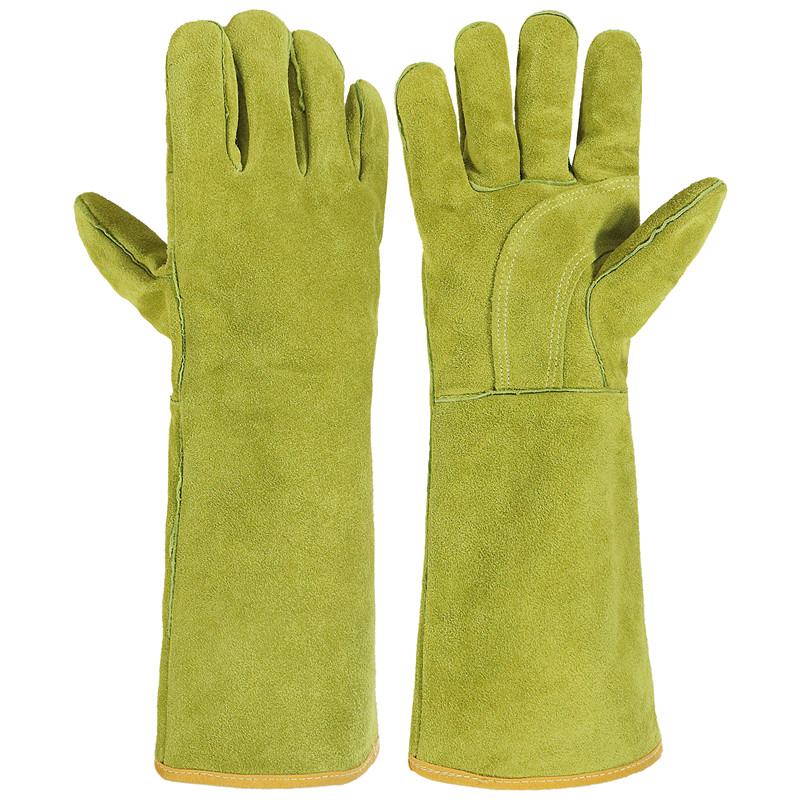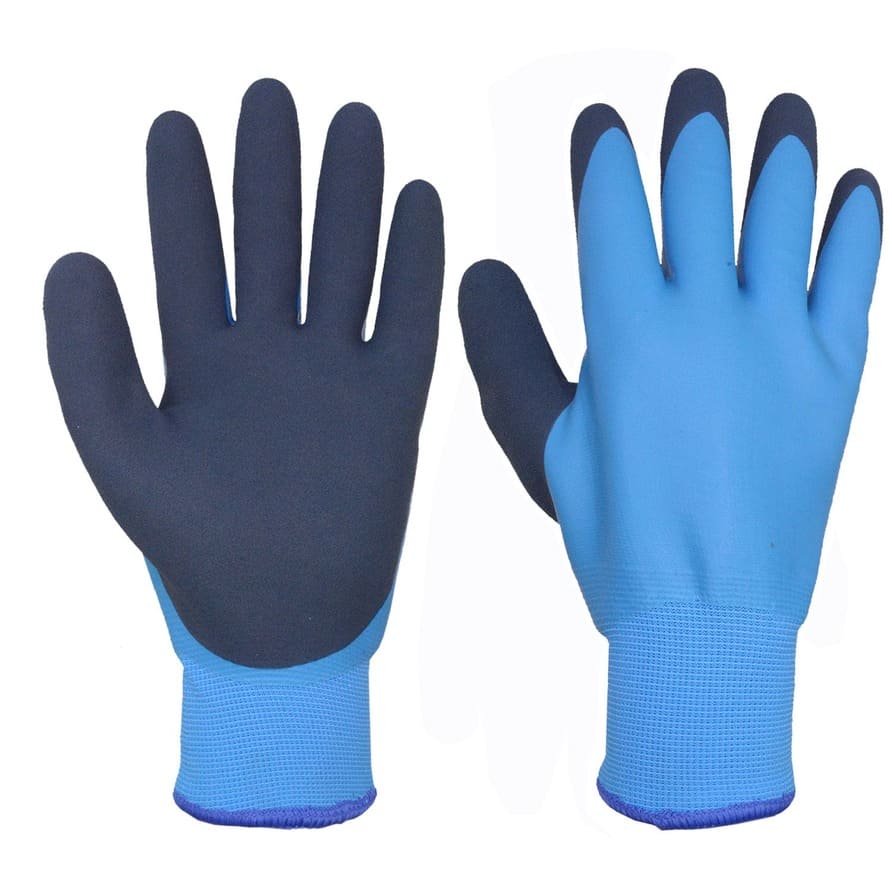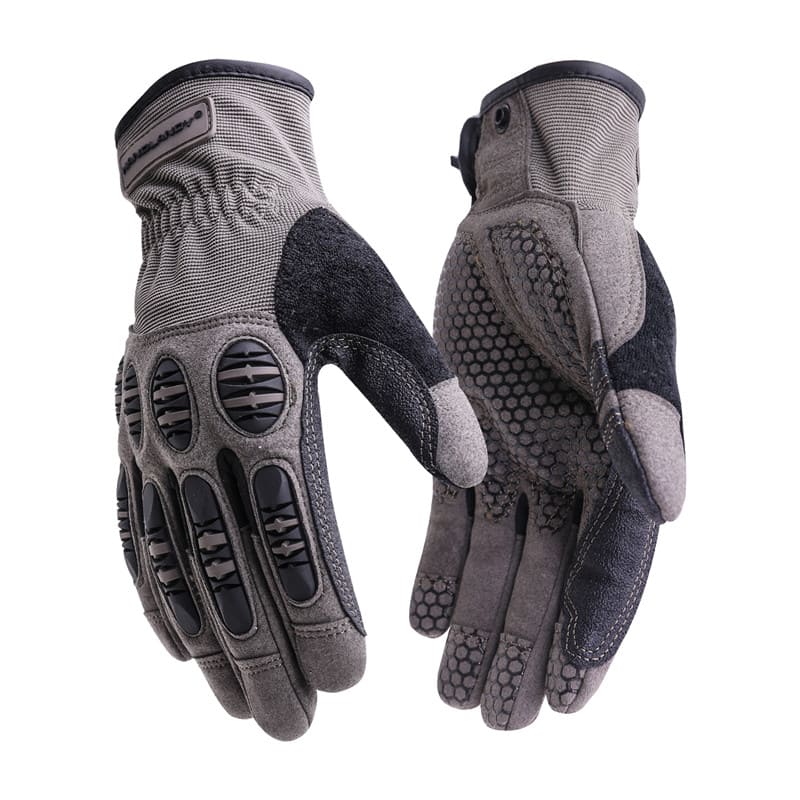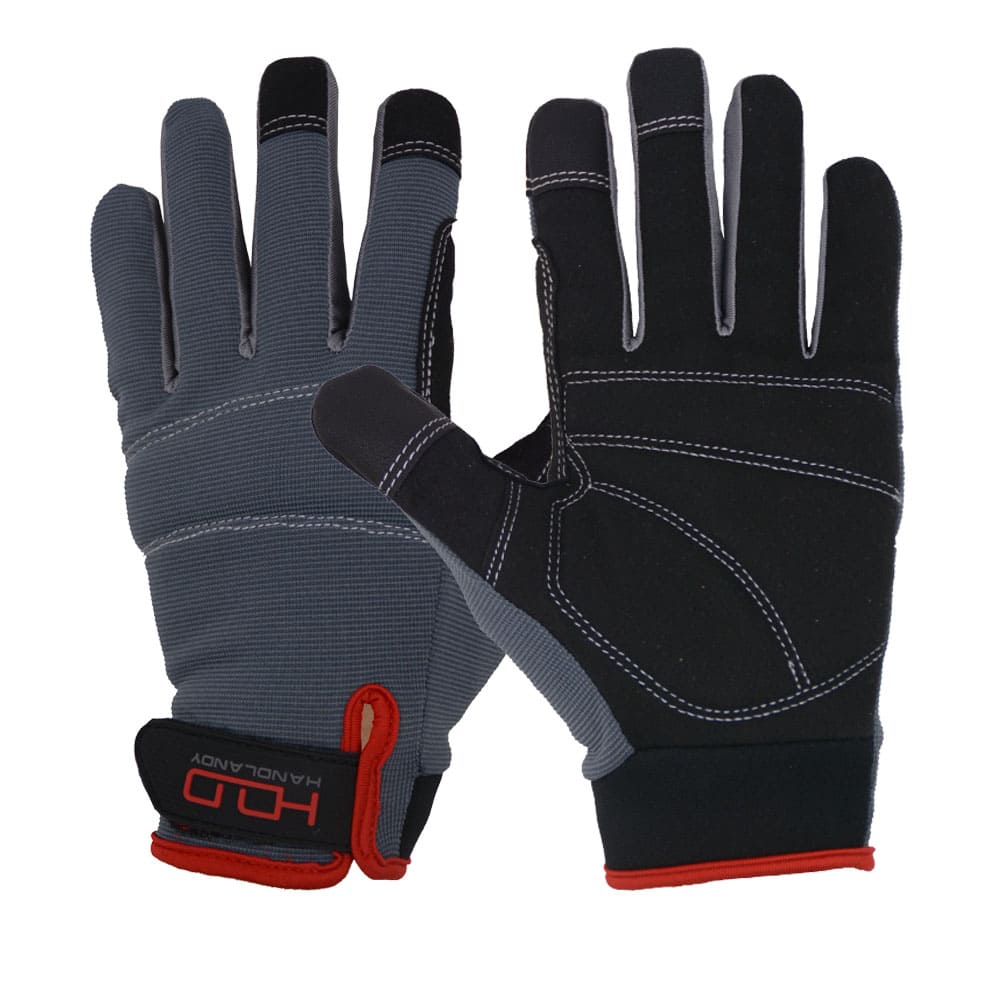When it comes to choosing mechanic gloves, I always want something that works for the job. Nitrile-coated gloves are a popular choice, but are they the right fit for your needs? Let’s break down the pros and cons so you can decide.
What Makes Nitrile-Coated Gloves Stand Out?
If you’re wondering why nitrile coatings are so popular, here’s the answer:
Nitrile-coated gloves provide excellent resistance to oils, chemicals, and abrasions, making them ideal for tough mechanical tasks.
The Pros of Nitrile Coatings
1. Chemical and Oil Resistance
Nitrile is fantastic at keeping out oils, grease, and many chemicals. Whether you’re working in a garage or handling machinery, these gloves help keep your hands safe.
2. Durable and Puncture-Resistant
One thing I love about nitrile-coated gloves is how tough they are. They’re resistant to cuts, punctures, and abrasions, which is a lifesaver when you’re dealing with sharp tools or rough surfaces.
3. Great Grip
Slippery tools are no fun. Nitrile gloves often come with textured surfaces that provide excellent grip, even in oily conditions.
4. Allergy-Free
If you’ve ever had an issue with latex gloves, nitrile is your friend. It’s synthetic and doesn’t contain natural rubber proteins, so no itchy hands.
The Cons of Nitrile Coatings
1. Less Flexibility
Compared to latex or polyurethane coatings, nitrile can feel a bit stiff. If you’re doing detailed, precision work, this might be something to consider.
2. Breathability Issues
I’ve noticed that nitrile-coated gloves can make your hands sweat, especially in warmer conditions. Since nitrile isn’t porous, airflow is limited.
3. Environmental Impact
Nitrile isn’t biodegradable, which means it could contribute to waste if not disposed of properly.
4. Higher Cost
Sometimes, nitrile-coated gloves cost a bit more than other types. For bulk purchases, this can add up.
Should You Choose Nitrile-Coated Gloves?
It depends. If you need gloves that stand up to tough conditions, protect against chemicals, and offer great grip, nitrile is a solid choice. However, for detailed work or in hot environments, you might want to explore other options.
Here’s a quick comparison:
| Feature | Nitrile-Coated Gloves | Other Coatings |
|---|---|---|
| Chemical Resistance | Excellent | Varies |
| Grip | Great | Good to Great |
| Flexibility | Moderate | High (in latex) |
| Breathability | Low | High (in fabric-based) |
| Environmental Impact | Non-biodegradable | Depends on material |
Conclusion
To sum it up, nitrile-coated gloves are a fantastic choice for durability and chemical resistance. But like anything, they come with trade-offs. If you’re working in environments with heavy oil or chemicals, these gloves are perfect. For other tasks, consider what matters most—flexibility, breathability, or cost.
If you’re still unsure, try out a few pairs and see what works best for you! Let me know in the comments which gloves you prefer.









